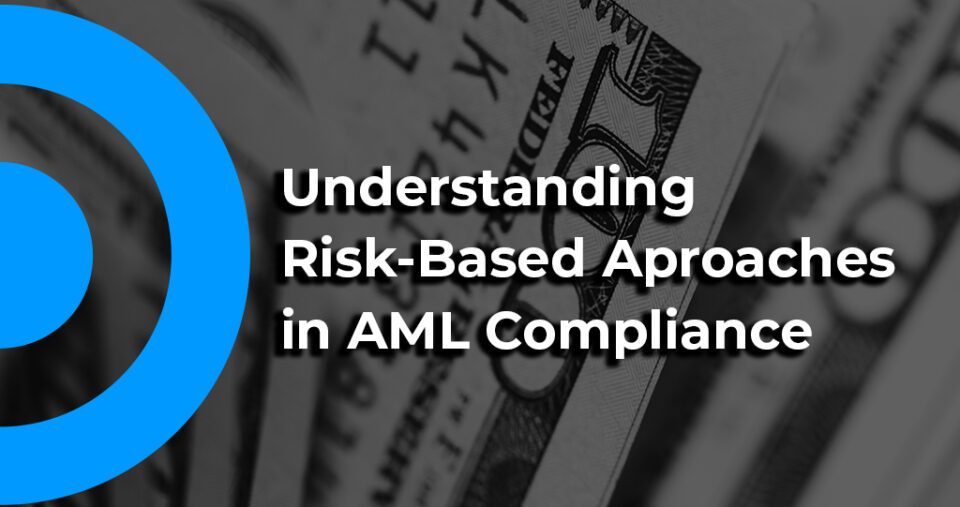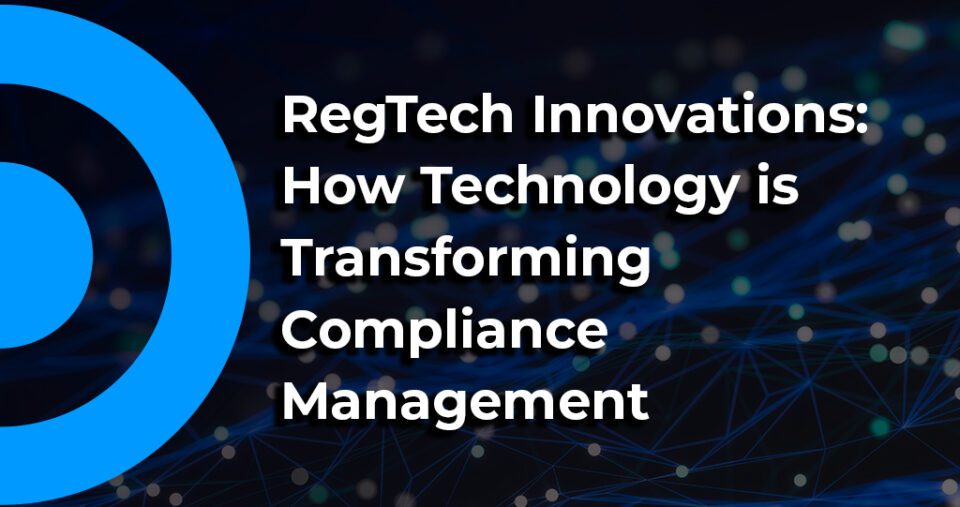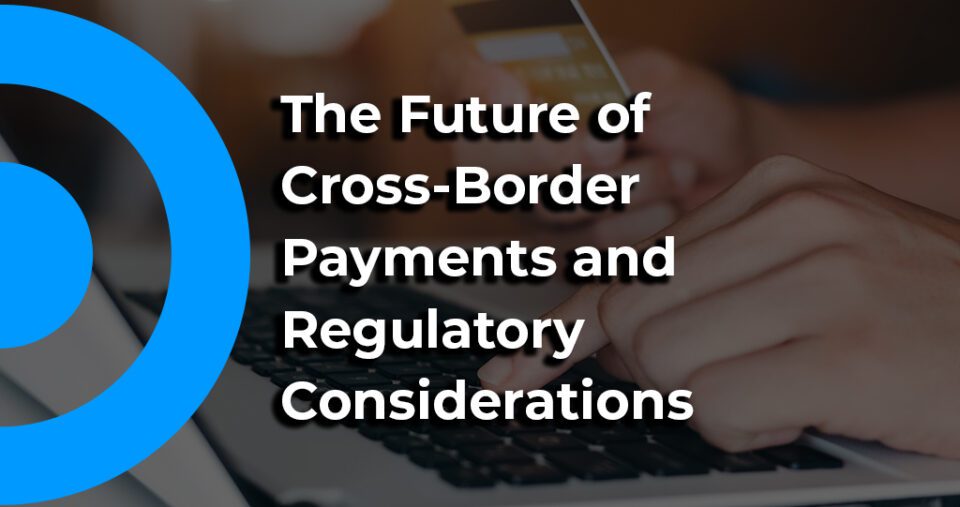
Breaking Down the Application Fees for MSO Licensing
October 18, 2024
Hong Kong’s Virtual Asset Licensing: SFC to License 11 More Platforms by Year-End
October 22, 2024Cryptocurrencies and blockchain technology have gained significant traction globally, and Hong Kong is positioning itself as a hub for virtual asset trading. With a growing regulatory framework, operators of virtual asset trading platforms must comply with the requirements set forth by the Hong Kong Securities and Futures Commission (SFC) and the Anti-Money Laundering and Counter-Terrorist Financing Ordinance (AMLO). In this post, we’ll dive deep into what it takes to obtain a crypto license in Hong Kong and ensure compliance with the evolving regulations.
Key Takeaways
- Licensing bodies: The SFC regulates virtual asset trading platforms in Hong Kong under the SFO and AMLO.
- Types of licenses: Operators must apply for licenses under both the SFO and AMLO regimes.
- Steps to apply: Document preparation, legal structuring, capital deposit, and compliance with AML and KYC policies are essential.
- Ongoing compliance: Licensees must meet ongoing regulatory requirements, including customer data protection and anti-money laundering measures.
Understanding the Licensing Regime in Hong Kong
In Hong Kong, crypto trading platforms are governed by two main regulatory frameworks: the Securities and Futures Ordinance (SFO) and the Anti-Money Laundering and Counter-Terrorist Financing Ordinance (AMLO). These regulations mandate that all centralized virtual asset trading platforms conducting business in Hong Kong or marketing services to Hong Kong investors must obtain the necessary licenses.
Hong Kong’s Push for Virtual Asset Licensing: SFC’s Plan to License 11 More Platforms by Year-End
SFO vs. AMLO Licensing Regimes
Hong Kong’s dual licensing system requires operators to comply with both the SFO and AMLO regimes. Here’s a breakdown of each:
1. SFO Regime:
- Covers centralized platforms offering trading services in security tokens.
- Requires licenses for:
- Type 1 regulated activity: Dealing in securities.
- Type 7 regulated activity: Providing automated trading services.
- These platforms typically match client orders using an automated trading engine and may also provide custody services.
2. AMLO Regime:
- Covers centralized platforms offering trading services in non-security tokens.
- Requires licensing for providing virtual asset services, which includes operating virtual asset exchanges.
Key Tip: Virtual asset classifications can change over time, like shifting from non-security to security tokens. To avoid compliance issues, operators should apply for both SFO and AMLO licenses.
How to Apply for a Crypto License in Hong Kong
The SFC’s WINGS platform simplifies the process of obtaining a crypto license in Hong Kong. Operators can submit a consolidated application for both SFO and AMLO licenses.
Steps to Apply for a License
- Prepare Key Documents:
- Business plans: Outline your operational strategy and how you plan to conduct virtual asset trading.
- AML and KYC policies: Create comprehensive policies for anti-money laundering and customer identification procedures.
- External assessment report: Include a Phase 1 report for external evaluation.
- Select Legal Form and Register Your Company:
- Decide on the legal form that best suits your business structure (e.g., limited company), and complete the registration process in Hong Kong.
- Capital Deposit and Banking:
- Inject the necessary registered capital into your company and open local bank accounts to facilitate operations.
- Demonstrate Financial Stability and Reliability:
- Show evidence of your company’s financial health and reliability through financial records and business plans.
- Provide Key Information:
- Disclose detailed information about key individuals involved in your operations, such as directors and responsible officers, to demonstrate operational transparency.
- Implement AML Measures:
- Ensure your business has robust anti-money laundering measures, with clear systems and procedures in place to prevent illegal financial activities.
- Protect Customer Data:
- Adhere to privacy standards and implement data protection measures to ensure that client information is securely managed and stored.
- Pass the “Fit and Proper” Test:
- Key individuals, including responsible officers, must pass a test evaluating their criminal history, financial health, and professional qualifications.
- Prove Intent to Operate in Hong Kong:
- Demonstrate a clear intention to conduct business in Hong Kong by establishing a local presence or actively marketing services to Hong Kong investors.
Licensing Fees and Costs
The SFC charges licensing fees for virtual asset service providers and related activities. Below is a summary of the fees involved in the application process:
- Licensed corporation under SFO (Types 1 & 7 activities): HKD 4,740 per regulated activity.
- Licensed virtual asset service provider under AMLO: HKD 4,740 for providing virtual asset services.
- Licensed representative under SFO (Types 1 & 7 activities): HKD 1,790 per regulated activity.
- Licensed representative under AMLO: HKD 1,790 for providing virtual asset services.
- Approval to become a responsible officer (under SFO and AMLO): HKD 2,950 per regulated activity.
These fees are applicable for various roles in the company, from licensed corporations to individual representatives, and ensure that all involved parties meet the necessary regulatory standards.
Ongoing Compliance Requirements
Once licensed, virtual asset trading platforms must comply with ongoing regulatory obligations, which include:
- AML and KYC Compliance: Continuously update and maintain AML policies to stay aligned with the latest regulations and ensure KYC processes are diligently followed.
- Customer Data Protection: Securely manage customer data and ensure all privacy laws are adhered to, protecting sensitive information from breaches.
- Ongoing Notifications to SFC: Submit relevant notifications and reports to the SFC, such as any changes to the company’s structure, key personnel, or business activities.
- Regular Audits: Be prepared for periodic audits and reviews by regulatory bodies to ensure ongoing compliance with Hong Kong’s financial and security regulations.
Licensing Handbook and Support
For detailed guidance on the application process and ongoing compliance, the VATP Licensing Handbook provides a step-by-step guide for virtual asset trading platform operators. Additionally, the SFC offers a circular on the transitional arrangements under the AMLO, ensuring operators understand the shifts in regulation and how to remain compliant during regulatory updates.
Final Thoughts
Obtaining a crypto license in Hong Kong is an essential step for virtual asset trading platforms that want to operate legally and successfully in the region. The dual regulatory framework, under both the SFO and AMLO, ensures that businesses adhere to high standards of transparency, anti-money laundering, and customer protection.
By following the outlined steps and complying with ongoing regulatory obligations, operators can set themselves up for long-term success in one of the most dynamic financial hubs in the world.
If you are looking for expert assistance, PayCompliance offers tailored support to guide you through the licensing process and ensure full compliance with the SFC’s requirements.



